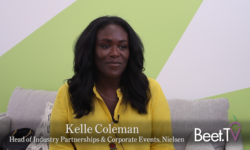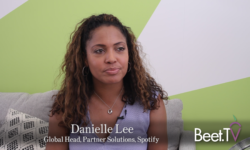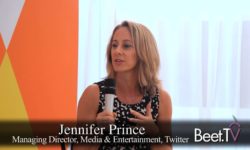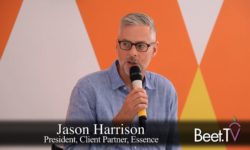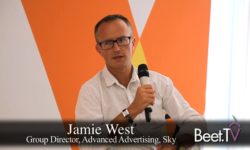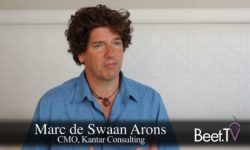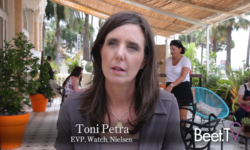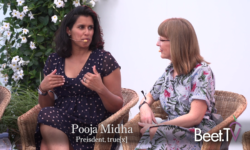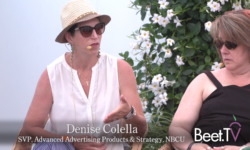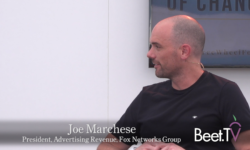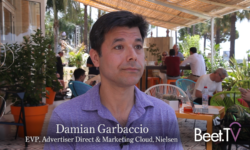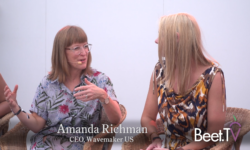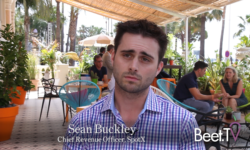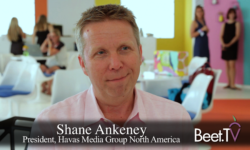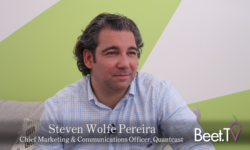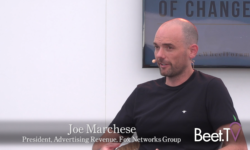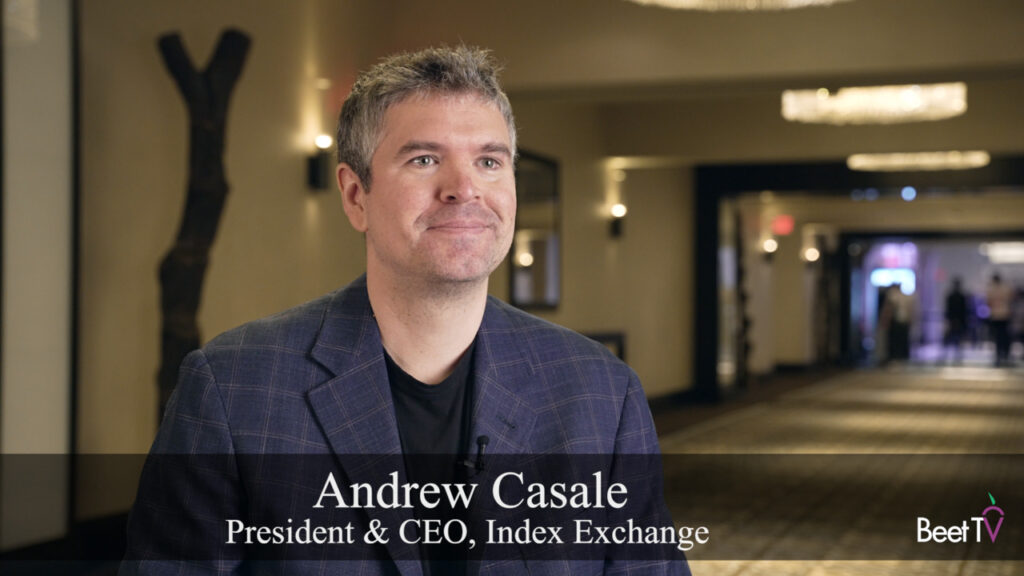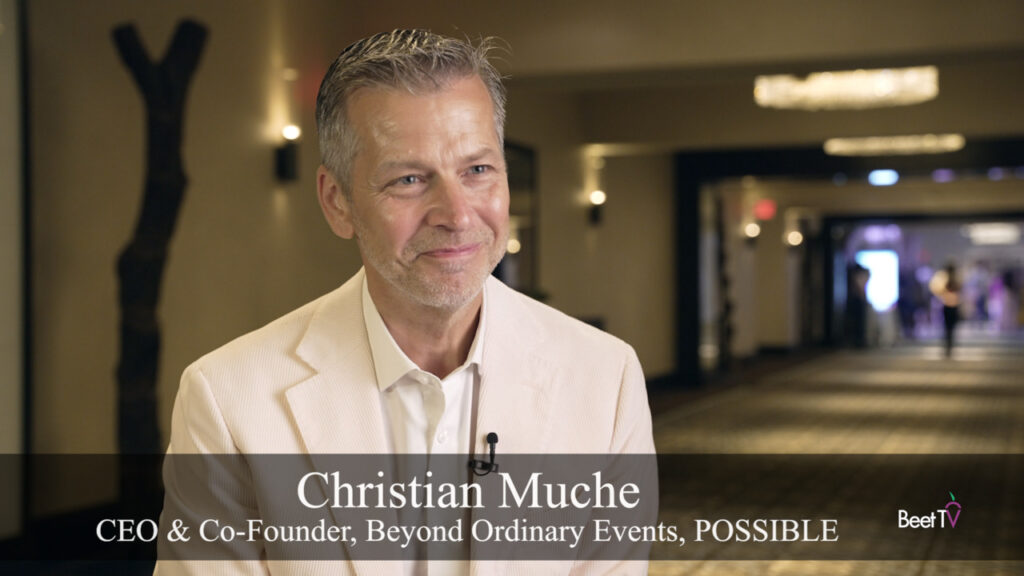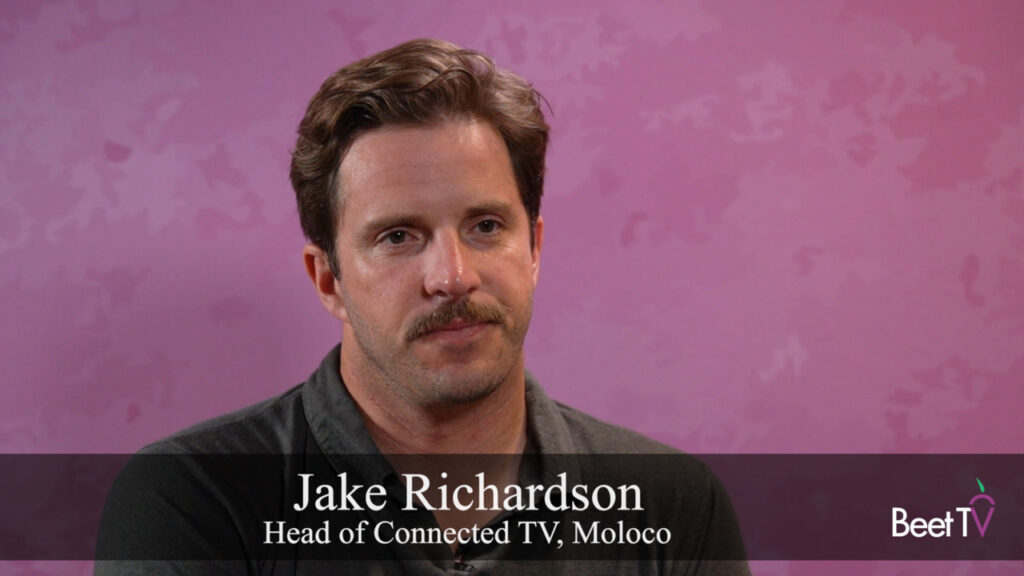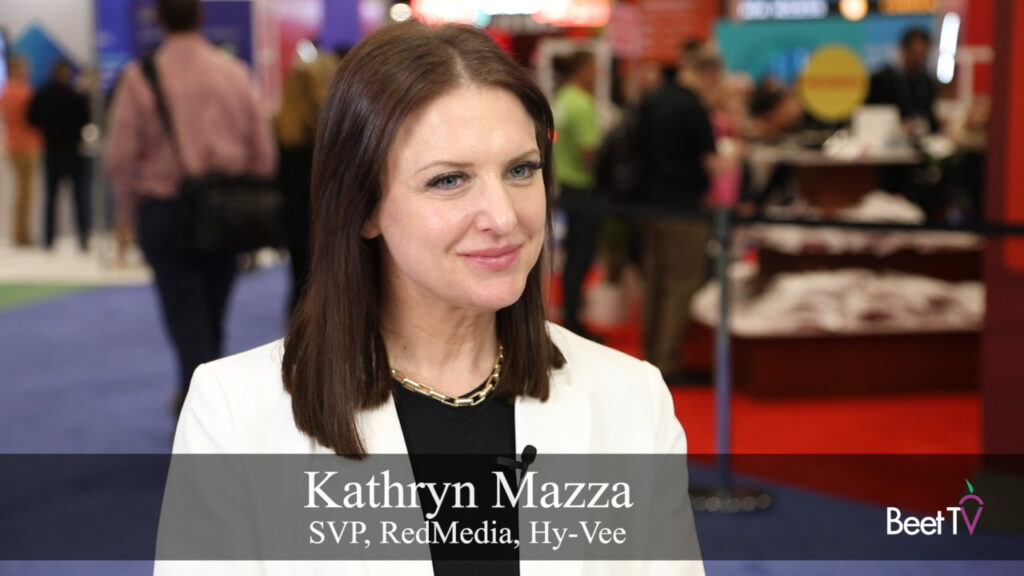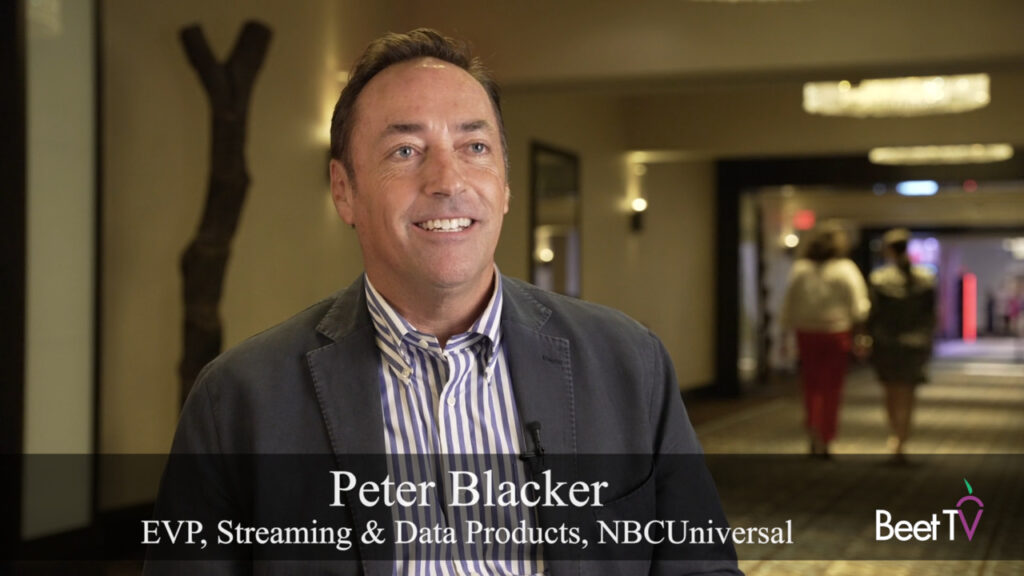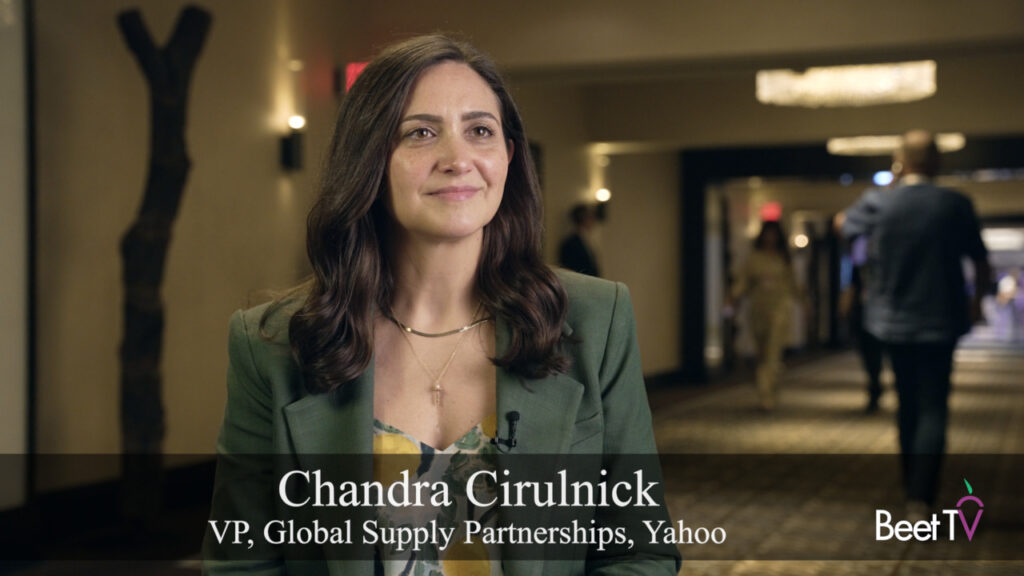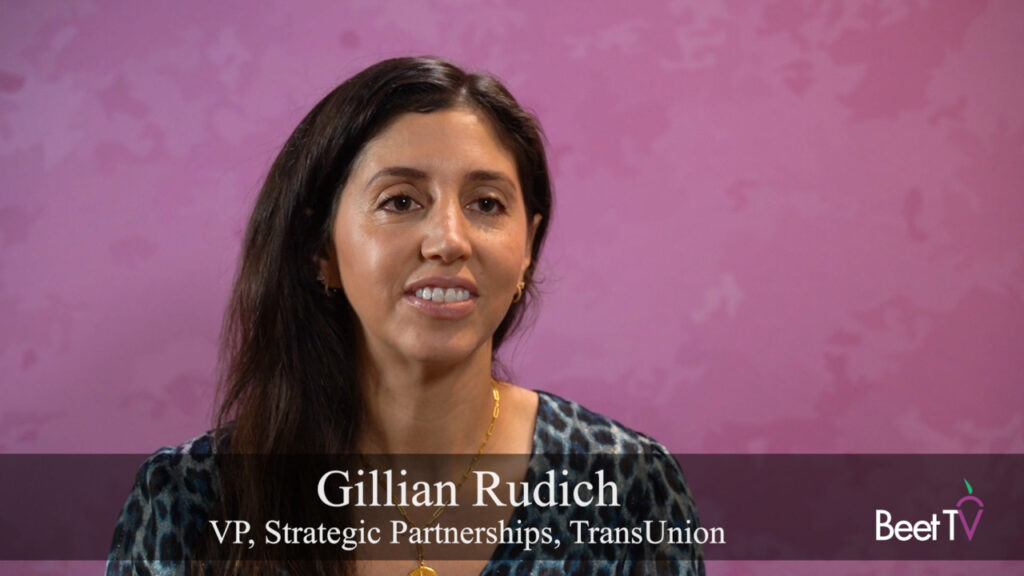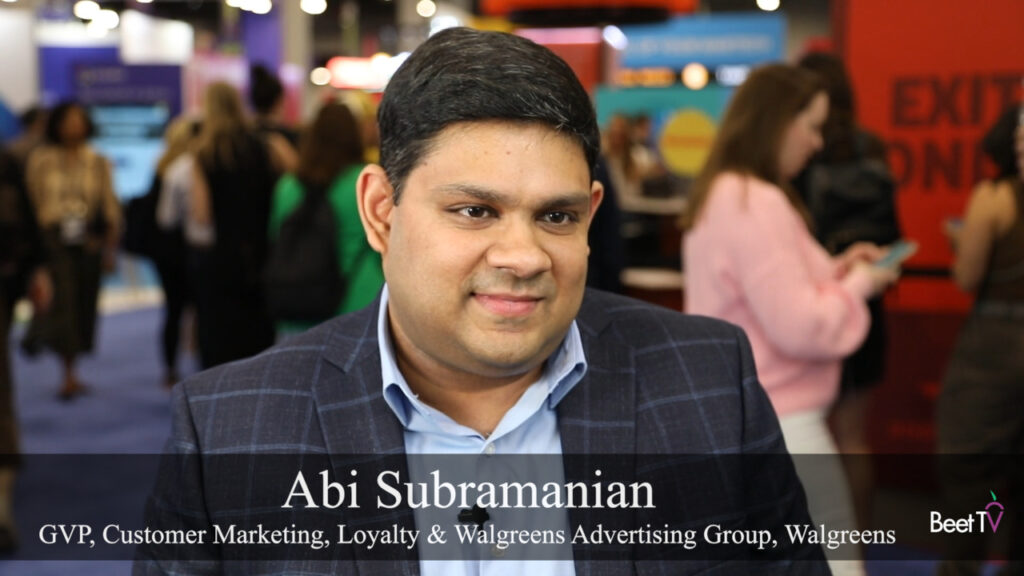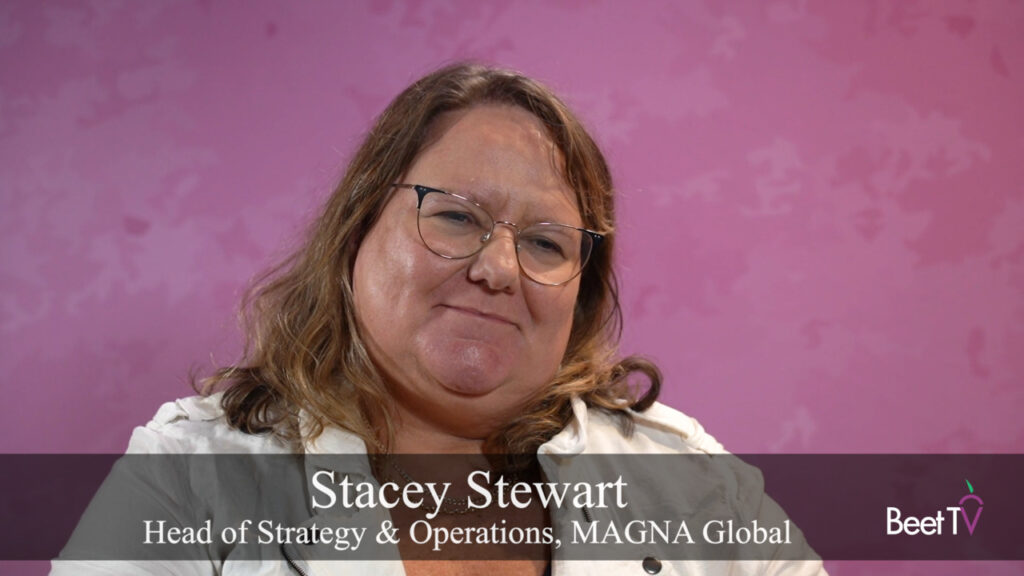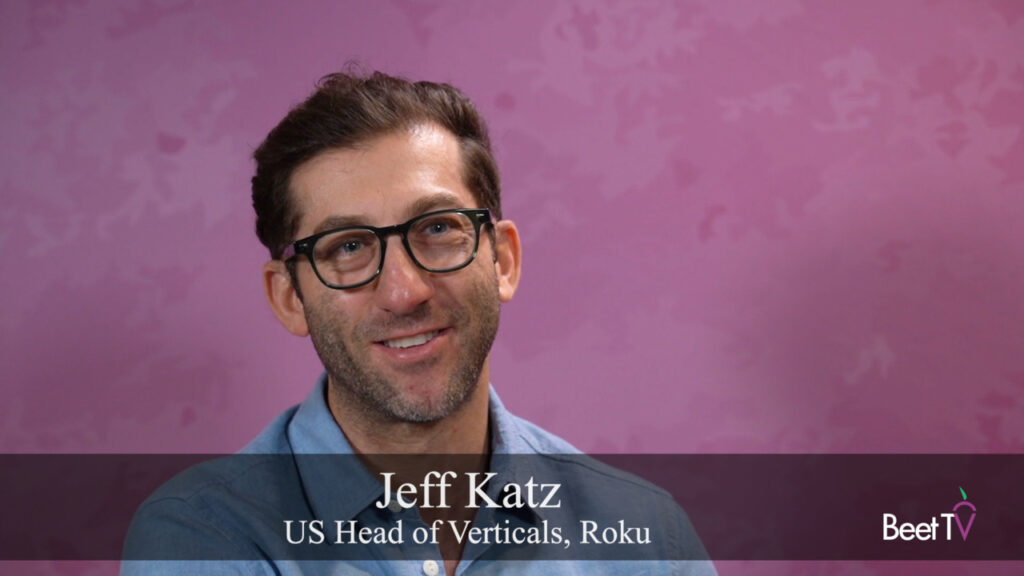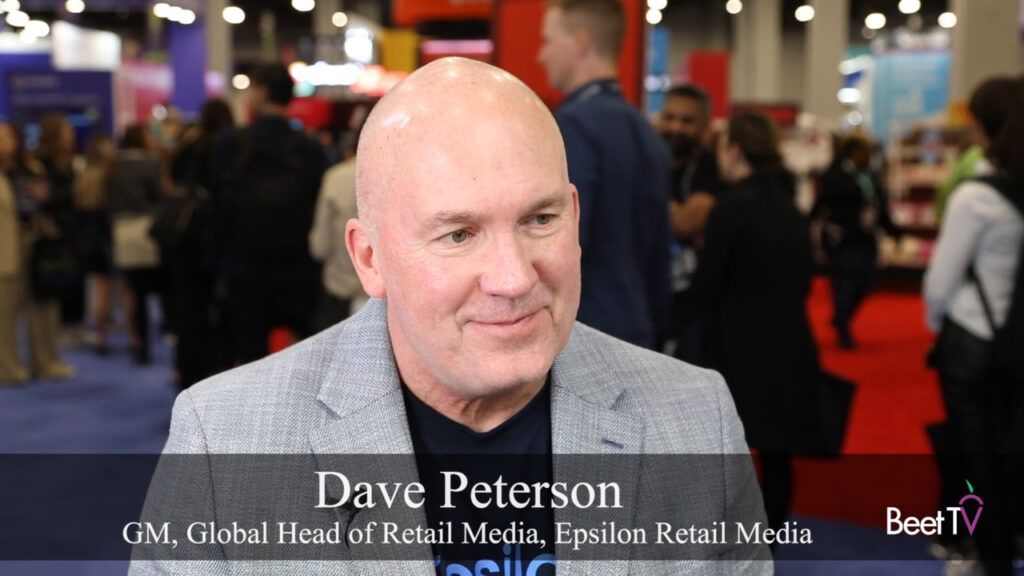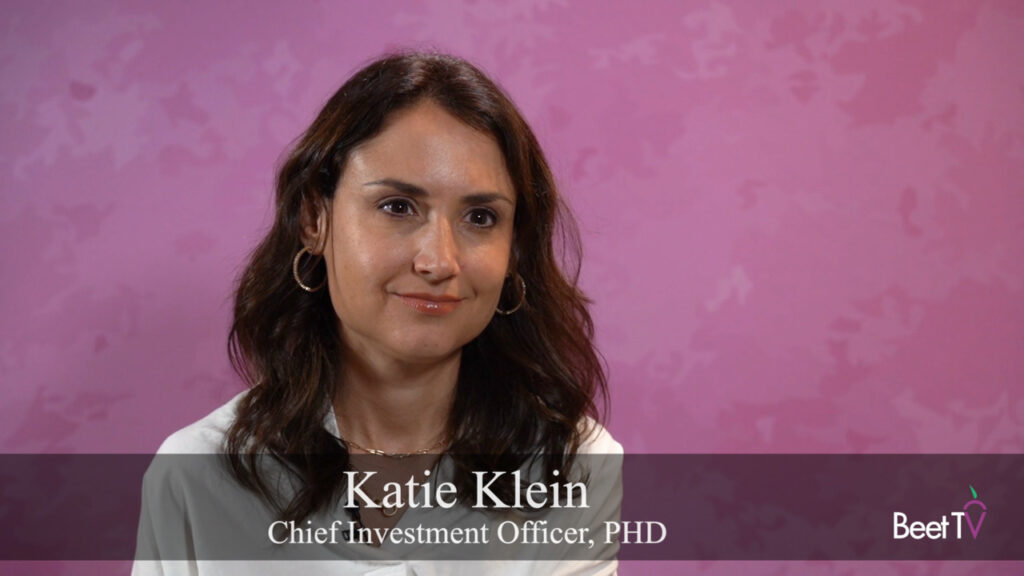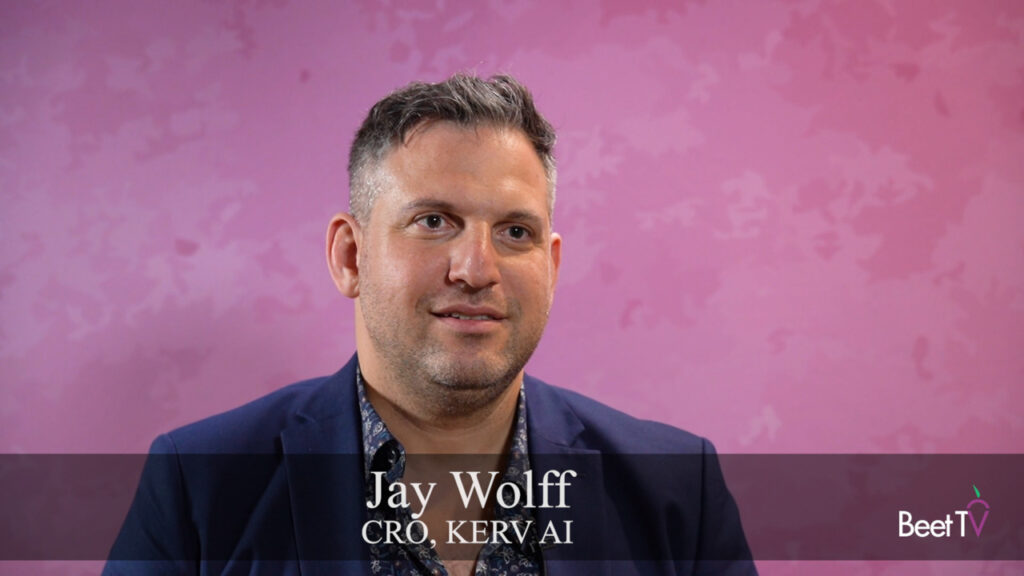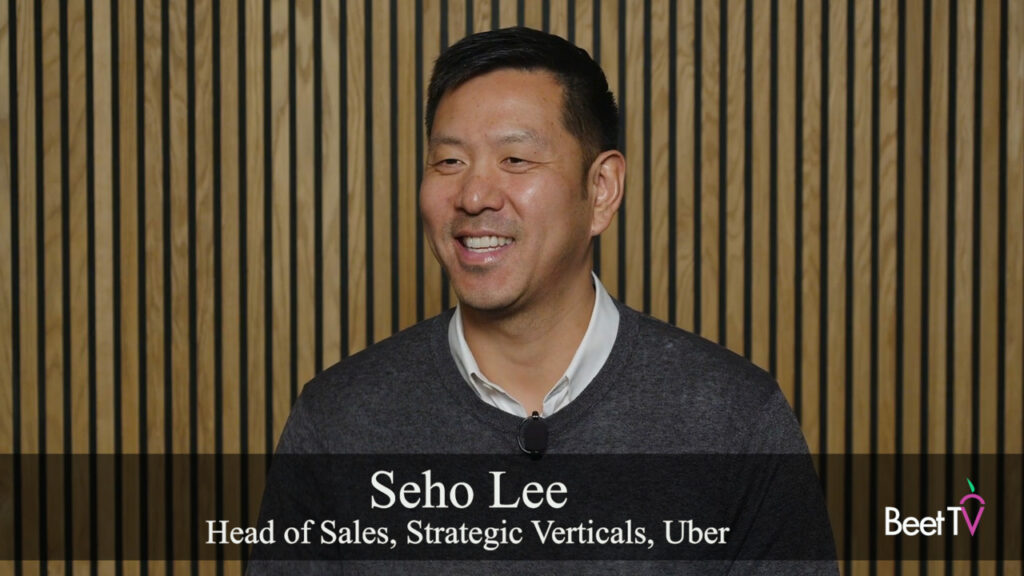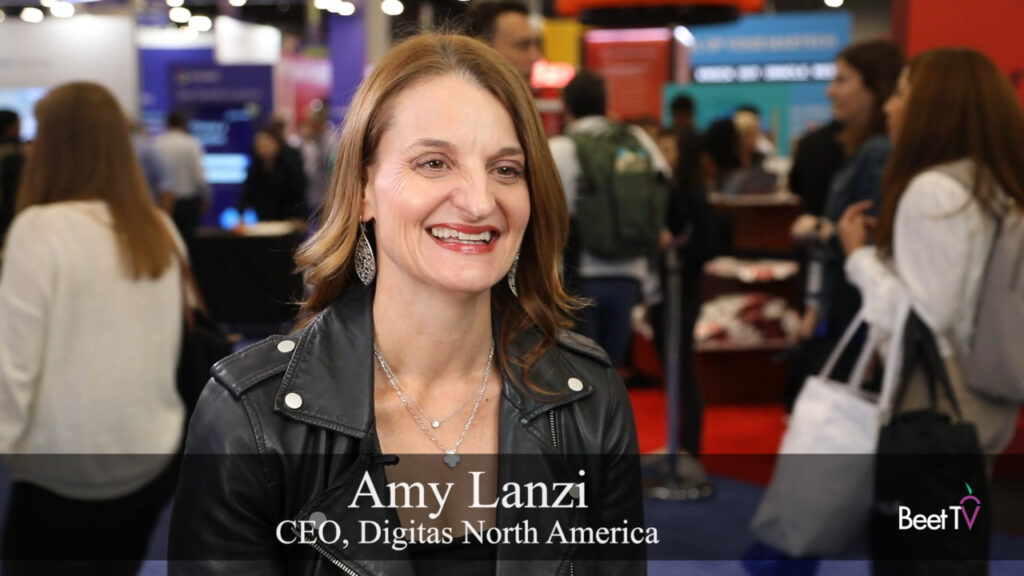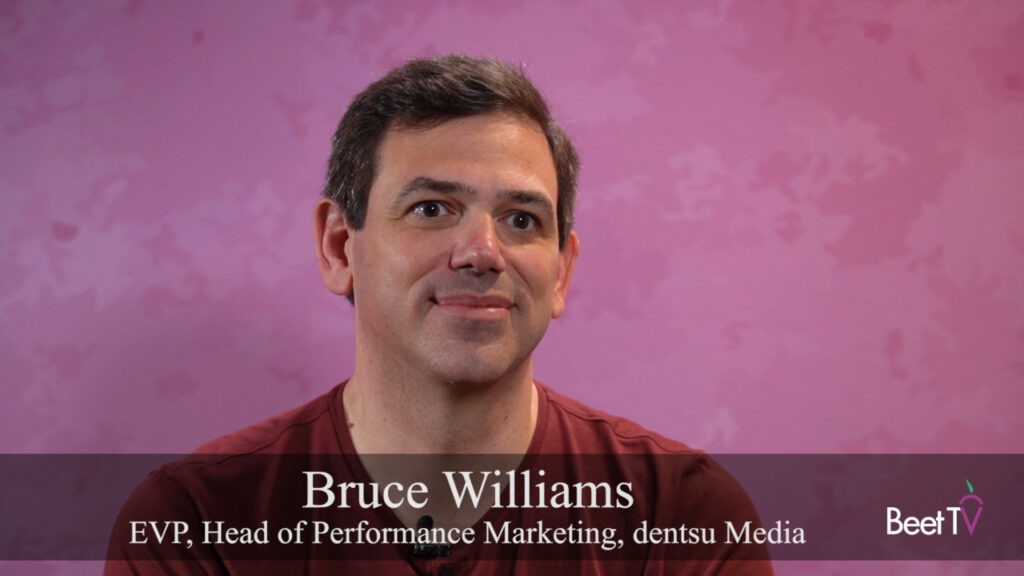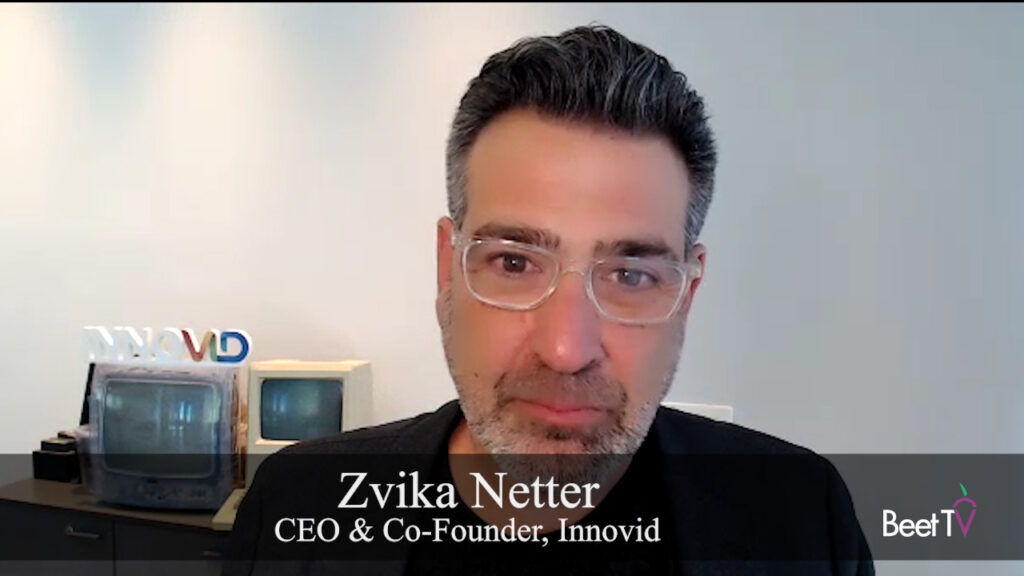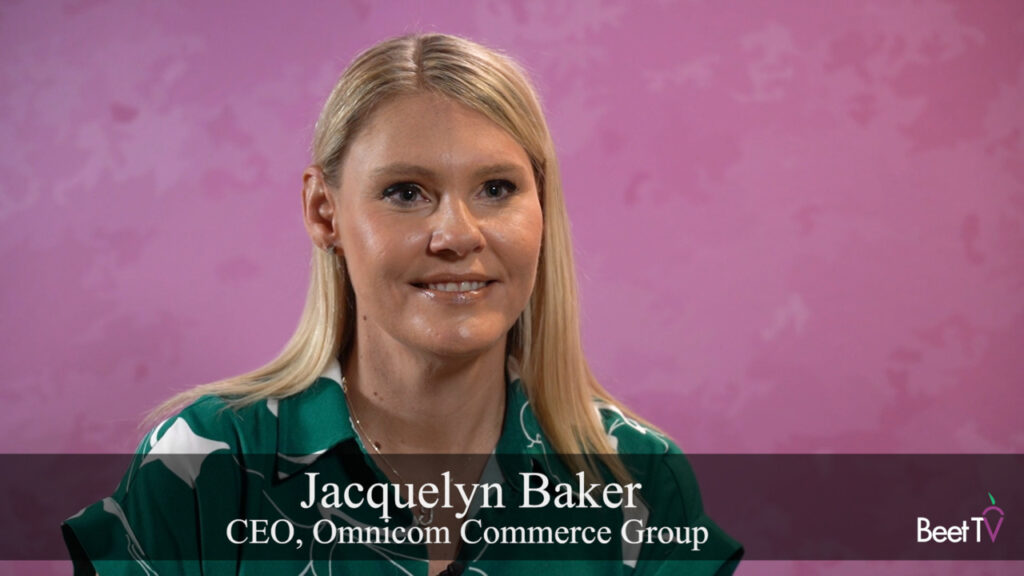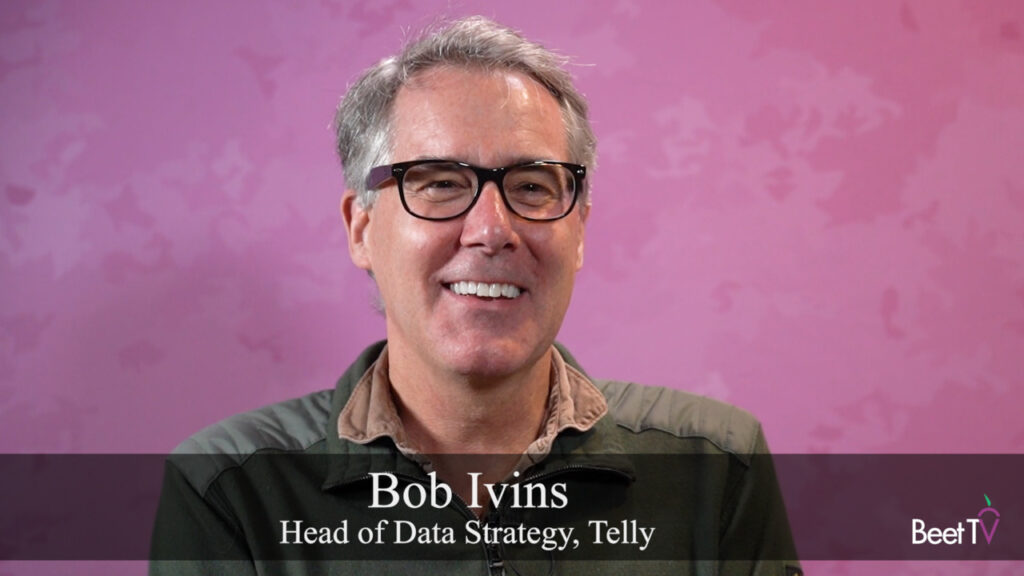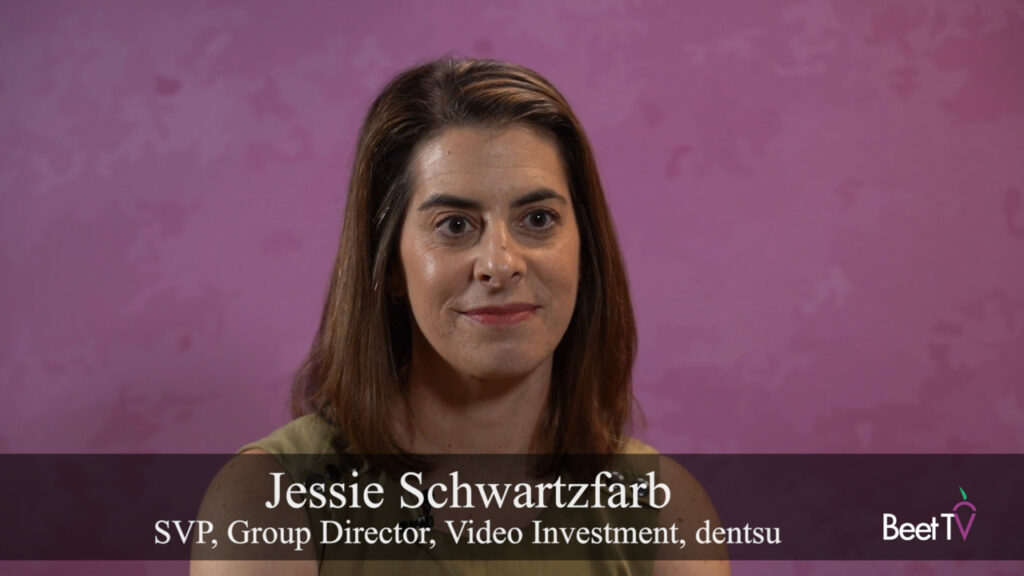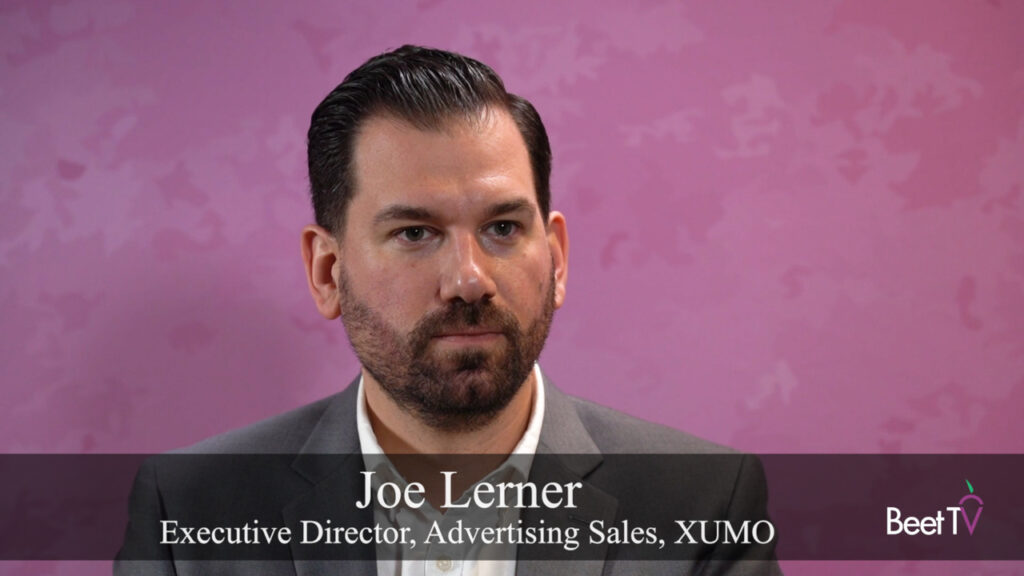It’s no coincidence that TV companies are facing a challenge to retain ad spend migrating to digital ecosystems run by the big native behemoths.
Several initiatives and companies are now trying to tackle that problem. But what will it really take for TV to become a “platform”?
In this panel discussion moderating by MediaLink’s Matt Spiegel for Beet.TV, Viacom Executive Vice President of advanced advertising Bryson Gordon describes his vision.
“If you think traditionally of Facebook, Google, even Amazon as the three large advertising platforms, advertising ecosystems, then what is it about television, this thing that’s been around for 50-plus years?,” he asks, before laying out the template: “I think it really comes down to three things…
- Unification: “Premium television content now can touch consumers across many different points within a consumption journey, whether that is a traditional piece of glass on a wall, whether that’s a mobile phone, whether that’s a tablet. The ability to unify that around content, around this premium experience of television content, that’s sort of critical piece number one.”
- Cooperation: “OpenAP is sort of an incredible effort that has been bearing a ton of fruit over the past 12, 18 months. And over the next 12, 18 months I think it’s going to absolutely accelerate the ability for marketers to come in and buy television in a more comprehensive and cohesive way.”
- Bridging the activation gap: “I can go to Facebook, I can go to Google, I can go to Amazon, I can bring data, I can bring advanced targeting. We’ve been limited to Nielsen demography for the past 50 years in the TV ecosystem. But with OpenAP and with other efforts that are happening across the market, we are seeing that fundamentally change.”
Other executives on the panel responses to the idea.
Consumers See TV and Digital as Joined
NBCUniversal SVP Denise Colella said right now we can’t really start thinking about it as ‘TV is a separate entity from digital from addressable’, because the consumer doesn’t care.”
She said consumers don’t see TV as a single environment, because these days they consume TV content anywhere, seamlessly.
Accept inconsistency
But the panel’s brand marketer, L’Oreal’s Nadine McHugh, was skeptical. Responding to Gordon’s wish that the TV makes it easy for brands to buy in a “consistent way”, she said: “When I hear ‘consistency’, I think it’s going to take 10 years to get it to where we need to go.
“It’s about where consumers want to consume video content. And they don’t care. We have to maybe be comfortable with being inconsistent within a consistency.”
This video is from a series of videos and sessions produced in partnership with FreeWheel at Cannes 2018 as part of the FreeWheel Forum on the Future of Television. You can find more videos from this series here.,This video is part of Beet.TV’s coverage of Cannes Lions 2018. For more videos from Cannes, please visit this page.






